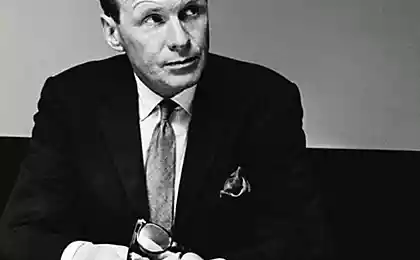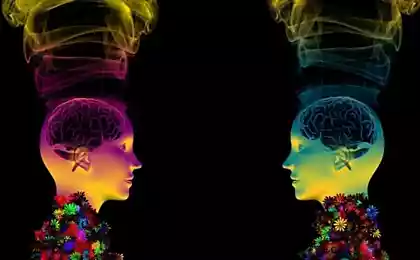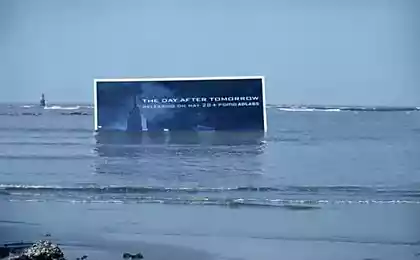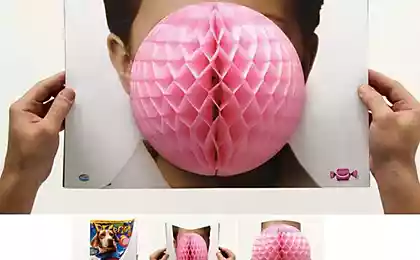541
Advertising is able to get people to remember what happened to them
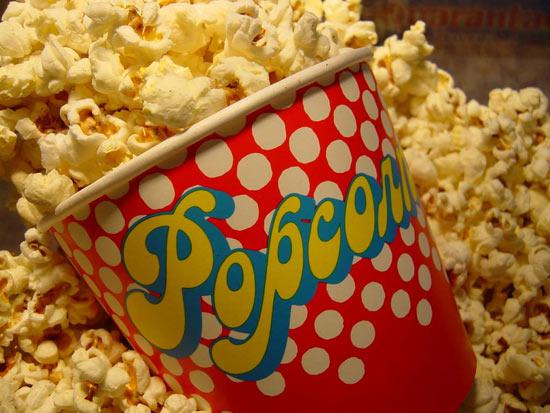
Bright Advertising able to get people to remember things that did not happen to them. This unusual effect is, of course, should be interesting and advertisers who want to sell a product, and consumers who should keep an eye on.
The experiment was conducted Nicole Montgomery College of William and Mary and Priya Rajagopal from Southern Methodist University.
They asked a few volunteers to read very colorful advertising non-existent varieties of popcorn, allegedly made by one of the famous brands. Other authors of the subjects of the experiment did give to taste the "new popcorn" labeled a false name.
According InsideScience, just a week, those who just read the advertisement, with the same probability was told that tried this product, as well as those volunteers who actually ate it. It's amazing how people's memories may be inaccurate.
"We found that if consumers erroneously to believe that experienced this popular brand, their evaluation of the product was similar to the evaluation of the products they really tried," - says Nicole. Researcher found a phenomenon called the false experience effect (false experience effect).
Similar experiments in the field of false memories, and deja vu psychologists and neurologists conducted earlier. But, perhaps, the first time this area of research considered in the context of marketing and advertising.
It is also interesting that when Rajagopal and Montgomery replaced the famous brand fictitious and fulfilling experience again, the effect of false memory of the bright advertising, painting wonderful taste of popcorn, was weaker.
"I think the advertisers know that very bright ads offer advantages - says Montgomery. - I do not know the extent to which advertisers are aware of the fact that these ads can affect the memory ».
Source: www.membrana.ru
via factroom.ru








